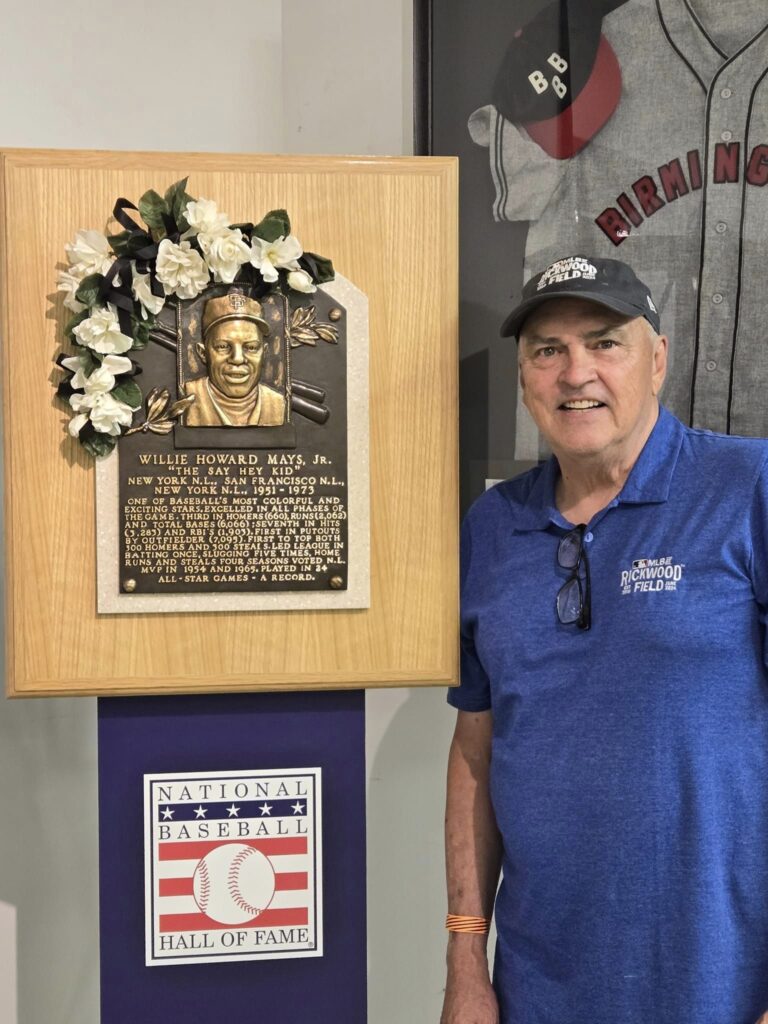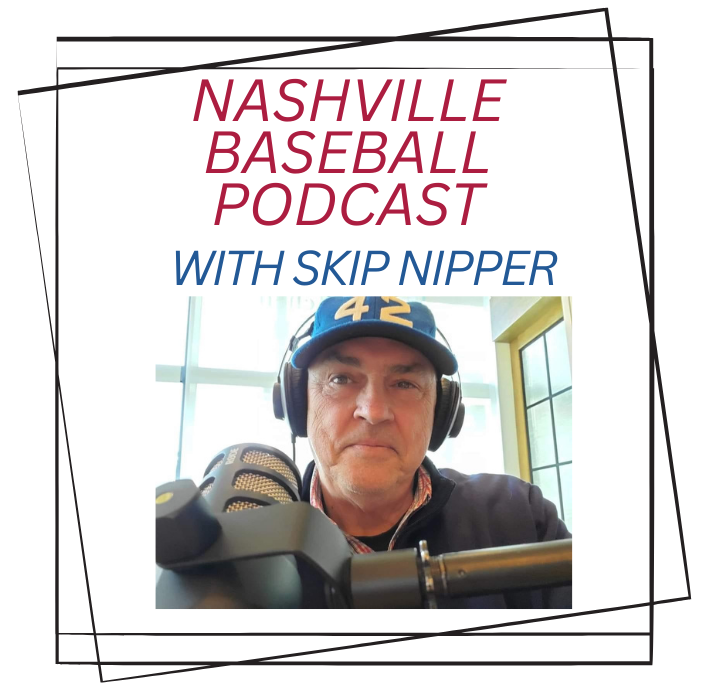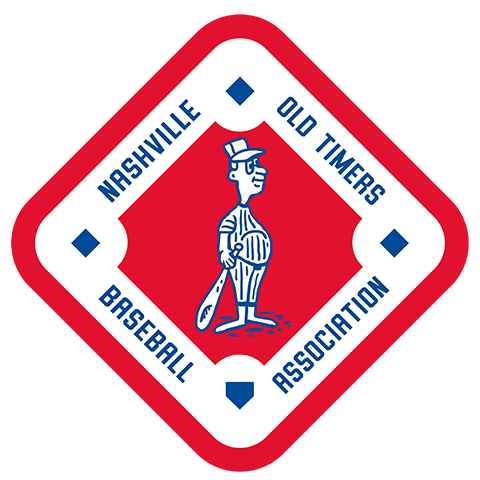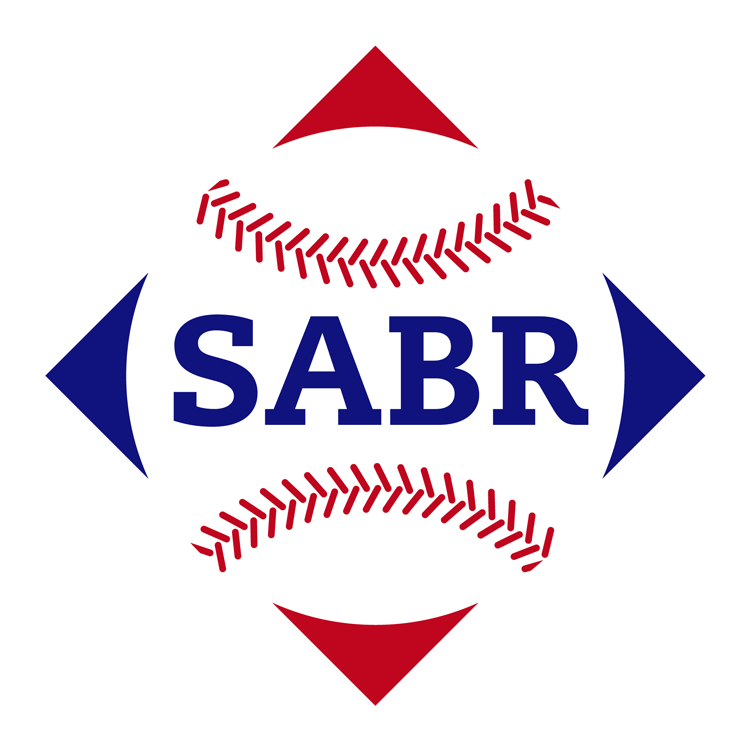
Rickwood Field has been a favorite venue of mine since I first visited over 20 years ago. Invited to attend a new Southern Association conference, it was a jump-start to satisfy an itch that had begun when I started sulphurdell.com. The conference emphasized the league’s teams, players, and ballparks from Atlanta to Memphis to Little Rock. It included Nashville’s historic ballpark and the Southern Association team that called it home, the Nashville Vols.
I had discovered the sensation of Wrigley Field with my dad, and all I wanted to do was learn more about “the Dell.” That first trip to Alabama served as the foundation for not only Rickwood but with displays on hand by collectors and presentations about aspects of the Southern Association; I knew I had to learn more.
One of my great blessings was to be accepted and welcomed into that brotherhood of researchers, collectors, and historians.
On that first visit, I became amazed by Birmingham’s ballpark, and I explored the grandstand, outfield wall, scoreboard, and locker room. Even the old concession stand, the men’s restroom, and the grounds surrounding the ballpark spoke to a time long ago when the smells of popcorn and hot dogs, the sounds of “cold beer!” and “get your program!” rang loud and clear.
My gaze at the iconic light standards was in respect to those who made Rickwood Field what it was in 1910. There is something about what is above that I can give thanks for.
This “grand old lady of the south” continues to inspire me. Thanks to the foresight of people who did not want anything to happen to the beloved park, the Friends of Rickwood non-profit organization formed, and it was a good thing they did.
They allowed it to be what it is in 2024, as I flash forward to the days I spent as a guest services employee of Major League Baseball during the recent San Francisco Giants and St. Louis Cardinals game played on June 20. The Rickwood Classic two days prior preceded the game, with a celebrity softball game sandwiched in between.
The Classic has been an annual event for most years, beginning in 1996. It is a “turn back the clock” game between the Birmingham Barons and another Southern League team, decked out in period uniforms for the teams being honored.
With ticket prices for the MLB game at a premium, I found an opportunity to apply to work for a staffing company. In an online interview, I was told that if hired, I would probably not be able to see any of the on-field activities, would have to pass a background check, and since I would be working outside, I was reminded it would be hot. The interviewer said that lodging reimbursements would not be coming forth, either.
I agreed to those things and was hired a few weeks later. I was told to show up for orientation at the ballpark on Saturday, June 15, which I did. The four-hour session included meeting the co-leaders of our “Zone 4” group, hearing our responsibilities, how to park and take the shuttle from Legion Field to the ballpark, and being reminded more than once not to ask for autographs.
Everything went reasonably well throughout. Yes, it was hot, and it was essential to stay hydrated.
But the most surreal thing happened during the first evening when it was announced over the public address system that Willie Mays had passed. Only a few days earlier, Mays sent word he would be unable to attend, although most were hopeful that he would join 1948 Birmingham Black Barons teammate Rev. Bill Greason during the major league game.
The crowd became silent as the loudspeaker pronounced the Hall of Famer’s passing, an eerie silence covering the ballpark out of respect, sadness, and awe of Willie Mays, who learned to play baseball at Rickwood as a boy.
After the announcement had sunk in briefly, someone began to chant, “Willie! Willie! Willie!” The entire crowd started to yell in unison. It was a loud response to the memory of one of the best players, if not the best, of all time.
The game did not immediately continue. As the chants began to fade, the loudspeaker beckoned for attention once again, this time with the song, “Say Hey (The Willie Mays Song),” and fittingly, many fans joined in.
On Wednesday, around 1 p.m., I explained that the heat and humidity were a little much for me, and I was sent to the Rickwood Field entrance’s shaded area.
That allowed me to visit with Friends of Rickwood members I had come to know over the years. Ultimately, I was allowed to work inside their conference room, where Rickwood Field apparel and memorabilia were being sold. It was a welcome relief, as I spent the rest of the afternoon and evening in that area.
The highlight of my time at Rickwood occurred in the afternoon of that day, as the Willie Mays Hall of Fame plaque was wheeled into the conference room by a group of people, with plans to allow fans to view and have pictures made with it. I was called on as one of several to maintain order with the lines forming in the concourse and assist those who wanted their photo taken.
For the rest of Wednesday and most of Thursday, that was my job. Otherwise, my responsibility had been to point people in the direction of the portable toilets, concession stands, and souvenir trailers.
On Thursday, a few hours before Greason was to throw out the first pitch, I assisted in controlling the area where Negro Leagues players were being brought in by electric carts. The idea was to keep people away to protect the players and their family and friends who joined them.
Mays’ Hall of Fame plaque was admired by so many. Just as Rickwood Field has an aura, so does the testament to his baseball career. Being around it was the climax of my trip to Birmingham.
Media coverage was strong during the three days, and when I returned to my motel room after the Giants-Cardinals game, I was interested in seeing highlights of the game. For the most part, it garnered the attention it deserved, but it turned out to be not the only focus.
I had seen dignitaries and players as they came through the areas where I was working, but not in close range. I saw the top of MLB commissioner Rob Manfred’s head, noticed Albert Pujols and Derek Jeter as I was asked to step aside when they came through the concourse, and a few others.
I had not seen Reggie Jackson, but since he played at Rickwood Field with the Birmingham A’s, it was inevitable that he would be interviewed about his days at the old ballpark and what it was like traveling to mostly southern cities to play opponents.
With Reggie being Reggie, he told it like it was.
“Coming back here is not easy,” he said. “The racism that I played here…I wouldn’t wish it on anybody.”
We must take Jackson at his word. Only he could relate the experiences he had and interpret them to others. His interview was a revelation for anyone watching and listening. The things he said were not new to me, as I had the fortune to hear former Negro League players Jim Zapp, Sidney Bunch, Jr., and Clinton “Butch” McCord tell similar stories.
In June of 2004, all three were on a panel about Sulphur Dell, where each one talked about what they dealt with during their playing days.
Butch said, “If you wasn’t [sic] there, I mean whites would say they understand you…you can’t understand, just like a water fountain here and a water fountain here and one says colored, and one says white and they’re both coming out of the same (source), and you drink water over here, and you drink water over there.”
Sidney once told me, with a lump in his throat, that he never understood why he could serve in Korea with whites but could not eat in the same restaurant with an integrated team he played for in Billings, Montana.
“The other players would go inside and sit down, and I would have to go to the kitchen door around back and have my food handed to me. I ate my meals outside sitting on the sidewalk or on the bus alone.”
Jim Zapp faced the same things and related his story about being born to a white father and Black mother who raised him at the end of Nashville’s Fourth Avenue North.
“I did not play baseball in those days because all the baseball was played south of our home. I was able to prove my ability while in the U. S. Navy during World War II when noticed by the manager of the white team how well I hit a baseball and was asked to join them.”
Butch once said he thought that when Jackie Robinson signed with the Dodgers, things would change for Black players. They did not.
“All my life, I’ve been trying to prove that I belong,” Butch told those gathered in the assembly hall at the Metro Nashville Downtown Library in February of 2005.
I asked Butch why he was not angry about how he and others had been treated. His reply set me on a new course for telling about Negro Leagues history.
“I was angry, but it was just the way it was,” he told me. “I used to wake up at night in fits, tossing the bed sheets and talking in my sleep because it bothered me. But I decided it was more important to tell people, especially young black kids, what Jackie Robinson did for our race long before Martin Luther King, Jr. did.”
Reggie Jackson’s truthful commentary may have shocked many, but those who know the truth about the experiences he and Butch, Jim, and Sidney shared feel the sadness of the way it was. It is a great history lesson that speaks to the racism that, in many ways, exists today.
All in all, my three days at Rickwood Field played another essential part in my baseball life. I would not trade that time for anything, and I am glad I was able to do it.
Through the recognition of the Negro Leagues players, Willie Mays’ death, Bill Greason tossing out the first ball, greeting people of all ages and races, making friends I never knew I would have the opportunity to, hearing Reggie Jackson’s words and remembering what my friends told about segregation, I feel the one thing that is most important is something my dad heard from a man named Rodney King, repeated to me a long time ago that I carry with me to this day:
“Can’t we all just get along?”
© 2024 by Skip Nipper. All Rights Reserved.



